Ms. Ha Thi Thu Giang, Director of the Department of Credit for Economic Sectors, State Bank of Vietnam: Creating a financial foundation for the green transition process
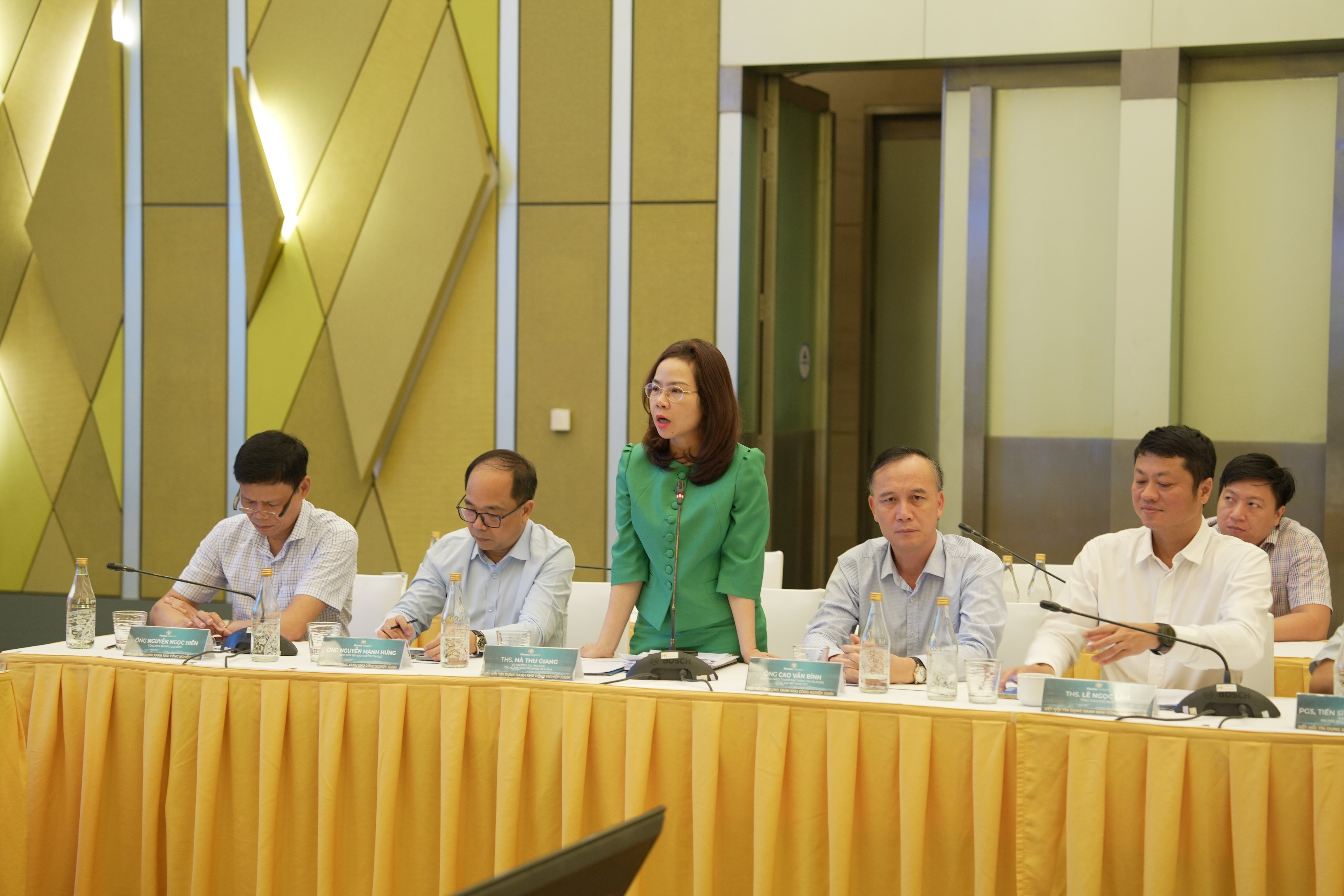 |
| Ms. Ha Thi Thu Giang, Director of the Department of Credit for Economic Sectors, State Bank of Vietnam |
In the orientation of private economic development clearly expressed in Resolution 68, one of the key solutions prioritized for implementation is to create a favorable environment for private enterprises to continuously expand and improve production and business efficiency. Along with that goal, the Resolution also particularly emphasizes the role of promoting green credit as an important driving force for sustainable development.
In fact, the government has been implementing many synchronous solutions to encourage businesses to shift towards green growth and minimize negative impacts on the environment. Typically, the Ministry of Natural Resources and Environment has issued practical support policies, creating preferential conditions on interest rates for investors to boldly invest in green projects, thereby encouraging access to bank credit for this goal.
The Ministry of Natural Resources and Environment also has a policy to support investors investing in the green sector with bank credit loans, which will be given preferential interest rates. I believe that the Ministry of Finance, as the focal point, will have many policies to support businesses in green transformation. These policies may include preferential tools on taxes and fees, as well as other creative financial solutions, helping businesses reduce the cost burden in the early stages of the transformation process.
The State Bank will also continue to have policies to encourage green transformation of enterprises and actively coordinate with ministries and branches to support enterprises; complete and implement policies to encourage credit institutions to prioritize funding for green projects, while strengthening close coordination with relevant ministries and branches to build a synchronous legal framework, creating the most favorable conditions for enterprises on the journey to a green and sustainable future. The harmonious coordination between macro policies and specific support from state management agencies will be the key factor determining the success of the goal of sustainable green transformation.
Mr. Le Ngoc Lam, General Director of BIDV: Need a synchronous mechanism to encourage businesses and banks
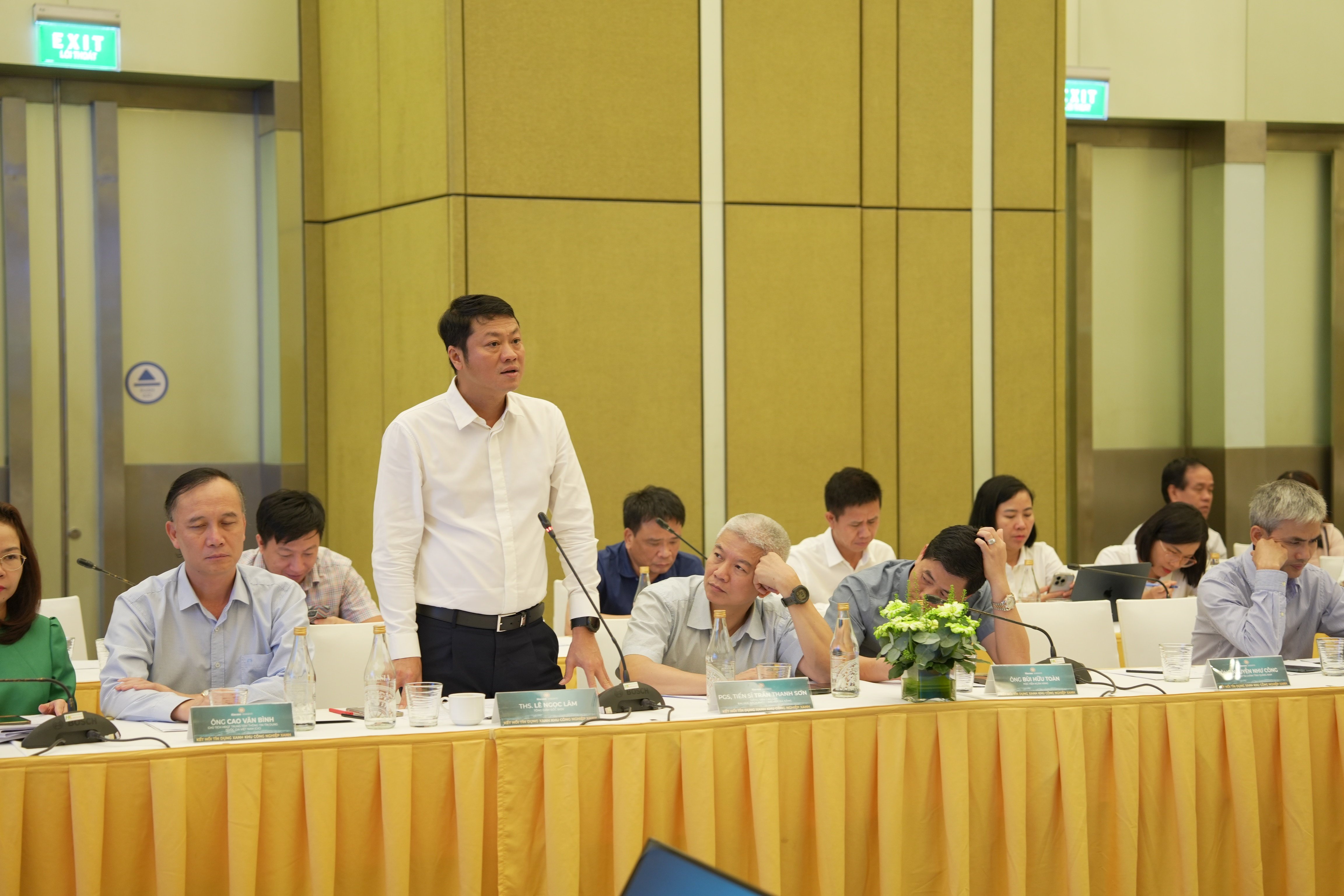 |
| Mr. Le Ngoc Lam, General Director of BIDV |
One of the key factors that need to be prioritized in the coming time is to complete a synchronous and clear legal framework for both green industrial parks and green credit. Current reality shows that although Circular 05 of the Ministry of Planning and Investment (now the Ministry of Finance) regulates ecological industrial parks, these regulations are still not really complete and comprehensive.
Right at BIDV, when the bank builds regulations for preferential loans for green industrial parks. However, determining what a "green industrial park" is that meets the standards has become a big challenge. The lack of clarity in Vietnam's green standards, as well as how to apply international standards, is creating certain barriers in the implementation process. Therefore, building a transparent and specific legal corridor is extremely necessary. This corridor not only supports green industrial parks to operate effectively but also creates favorable conditions for banks to boldly promote green credit lending activities.
On BIDV's side, the bank is fully ready to allocate resources to prioritize enterprises in industrial zones with green transformation needs. These resources will be mobilized through channels such as issuing green bonds, sustainable bonds, etc. In particular, BIDV commits to providing certain incentives on interest rates and loan terms for enterprises that meet green criteria. This is a practical move, demonstrating BIDV's support in creating the best conditions for enterprises to carry out the green transformation process. In addition to the solutions that have been and are being implemented, BIDV commits to continue researching and providing more effective support solutions in the future.
In addition, BIDV hopes to receive stronger cooperation and support from the Government, the State Bank, ministries, sectors and localities. Creating a better incentive mechanism for both green transformation enterprises and banks to support this process is extremely important. Because banks themselves are also enterprises, their operating capital is mainly mobilized from the people. Therefore, requiring banks to lend at lower interest rates than the mobilization costs (for example, green bond interest rates) is a difficult problem. To be able to offer real incentives, banks need to proactively use their own resources and accept sacrificing a portion of their profits.
We hope for the continuous efforts of the business community in building green and sustainable projects. BIDV and the banking system in general are always ready to accompany and support businesses on this journey, contributing to the goal of developing a green economy of the country.
Mr. Pham Bac Binh, Chairman of the Association of Small and Medium Enterprises of Da Nang City: It is necessary to build a suitable green transition roadmap.
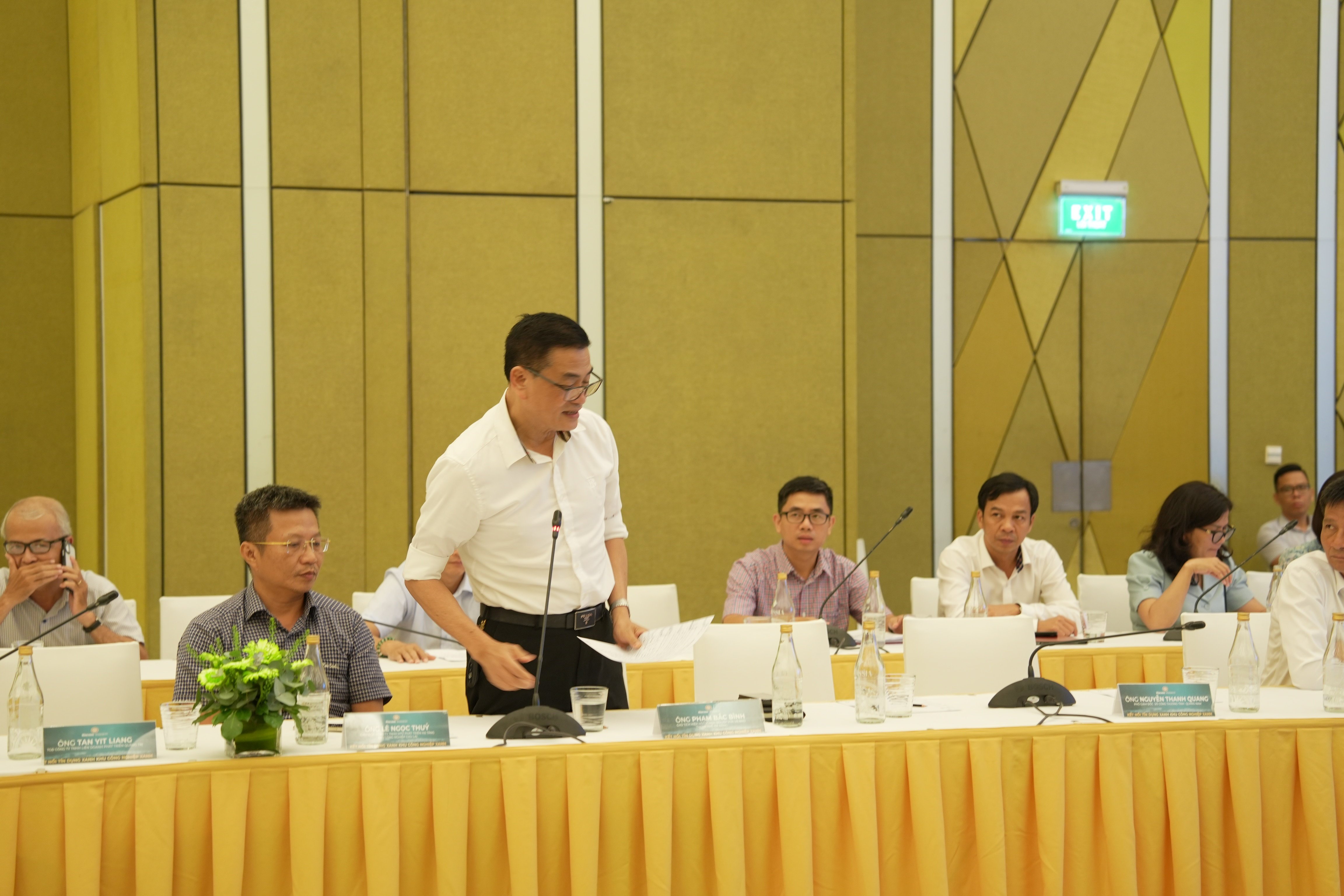 |
| Mr. Pham Bac Binh, Chairman of the Association of Small and Medium Enterprises of Da Nang City |
The story of green transformation in Vietnam has its own unique characteristics. When the Free Trade Agreements (FTAs) came into effect, the Vietnamese textile and garment industry had to face strict requirements on green production standards according to international standards, especially from the European market, posing a risk of a significant decline in output. However, political instability in Bangladesh brought an unexpected opportunity when international orders shifted to Vietnam. This, on the one hand, helped textile and garment enterprises maintain production activities, but on the other hand, caused many enterprises to miss the important stage for green transformation due to focusing on meeting large orders.
This reality shows that the green transition process in Vietnam is still largely governed by the awareness and direct economic benefits of each enterprise. If the cost of the transition increases significantly without a guarantee of a market for green products, enterprises will have little motivation to participate in this process and tend to wait for clearer signals from the market.
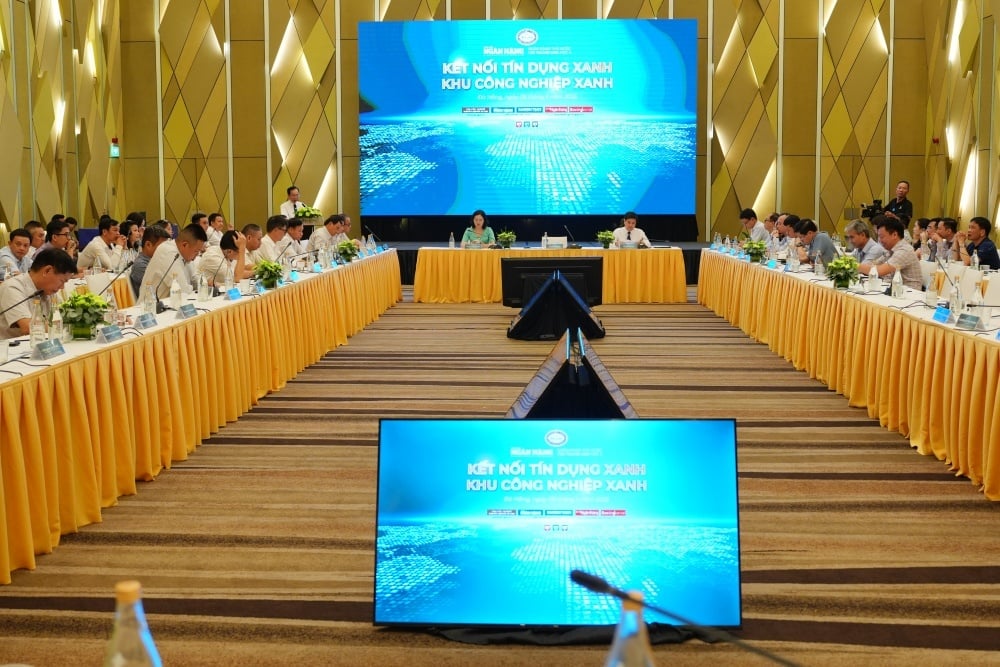 |
| Forum overview |
The concept of "green transformation" itself is quite broad, including many aspects such as green credit, green industrial parks, eco-industrial parks, creating many challenges for small and medium-sized enterprises with limited resources. Instead of a comprehensive approach, perhaps we should focus on more specific and practical actions. For example, encouraging businesses to switch to using green technology equipment, helping them save energy costs in the production process. For investment in green production right from the beginning, including infrastructure construction, there should be clear support mechanisms and policies from the State so that both banks and businesses can boldly implement.
In that context, the role of government policies becomes extremely important. Specifically, there needs to be specific and effective support mechanisms to encourage businesses to invest in green production, including support in terms of capital and infrastructure. Experience from Da Nang, where FDI enterprises in high-tech zones enjoy great incentives such as long-term land tax exemptions and financial support, shows the importance of preferential policies in attracting green investment. The merger of Da Nang with Quang Nam, opening up a larger land fund, also creates hope for similar support policies for Vietnamese businesses to invest in green production in the future.
However, it is important to develop a suitable green transformation roadmap, accompanied by a system of standards clearly classified at each level. Imposing standards that are too high, beyond the actual capacity of enterprises, can cause difficulties in the implementation process and hinder the ability to consume green products in the market. Therefore, it is necessary to create conditions for enterprises to gradually adapt, stabilize production and develop sustainably, before moving towards higher-level transformation requirements.
Source: https://thoibaonganhang.vn/chuyen-doi-xanh-khu-cong-nghiep-can-chinh-sach-ho-tro-dong-bo-va-cu-the-163972.html








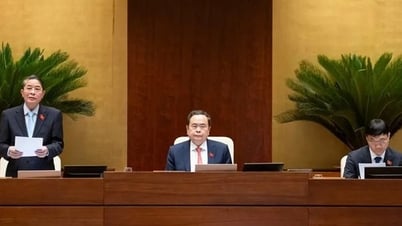

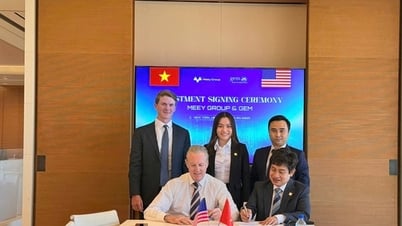








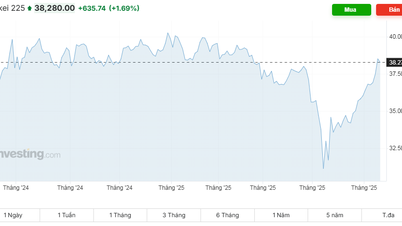
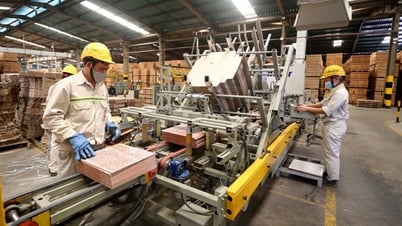




![[Photo] Prime Minister Pham Minh Chinh works with the Standing Committee of Thai Binh Provincial Party Committee](https://vphoto.vietnam.vn/thumb/1200x675/vietnam/resource/IMAGE/2025/5/12/f514ab990c544e05a446f77bba59c7d1)
![[Photo] Prime Minister Pham Minh Chinh receives Swedish Minister of International Development Cooperation and Foreign Trade](https://vphoto.vietnam.vn/thumb/1200x675/vietnam/resource/IMAGE/2025/5/12/ae50d0bb57584fd1bbe1cd77d9ad6d97)




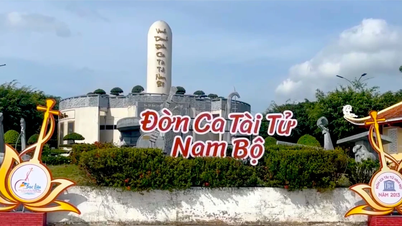



















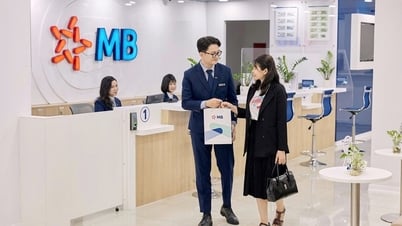

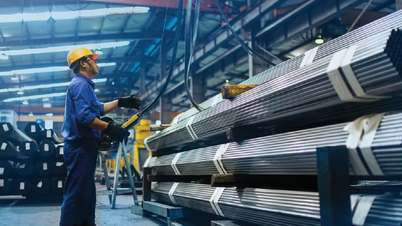



















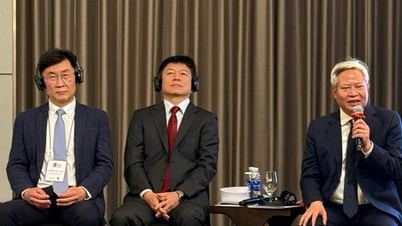


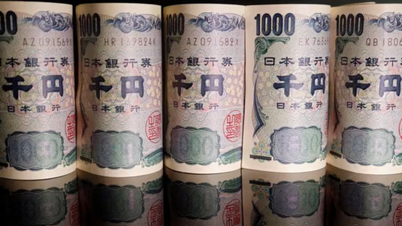
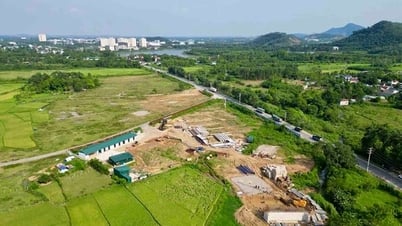




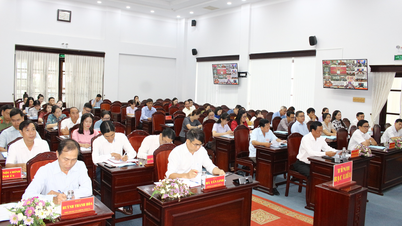












Comment (0)